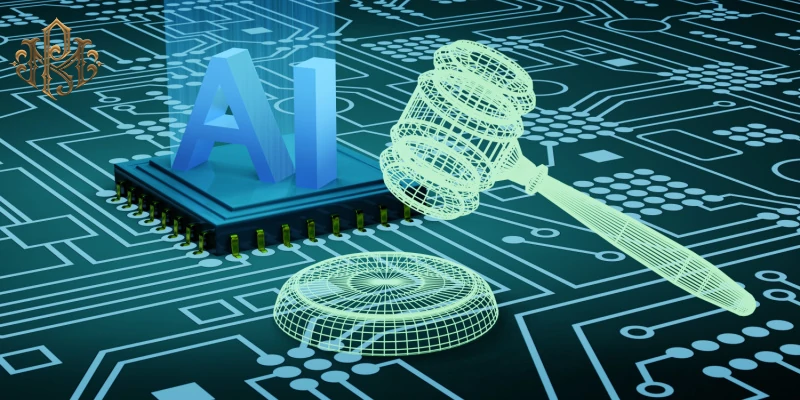
Close



AI governance refers to the frameworks and policies guiding the ethical development, deployment, and use of artificial intelligence (AI) technologies.
AI governance refers to the frameworks and policies guiding the ethical development, deployment, and use of artificial intelligence (AI) technologies. It aims to ensure that AI systems are fair, transparent, accountable, and aligned with societal values.
Key principles of AI governance include transparency, accountability, and fairness. Transparency involves making AI decision-making processes understandable, accountability ensures that stakeholders are responsible for AI outcomes, and fairness seeks to eliminate biases and discrimination in AI systems.

Challenges include addressing biases in AI algorithms, ensuring data privacy, and managing the societal impact of AI. Developing robust governance frameworks that can adapt to rapid technological advancements and diverse application contexts is critical.
Effective AI governance requires collaboration between governments, industry, and academia to establish regulatory standards and ethical guidelines. These standards must balance innovation with the protection of individual rights and societal well-being.
The future of AI governance will involve continuous refinement of policies and practices to address emerging challenges. As AI technologies evolve, governance frameworks must adapt to ensure that AI benefits society while minimizing risks and ethical concerns.